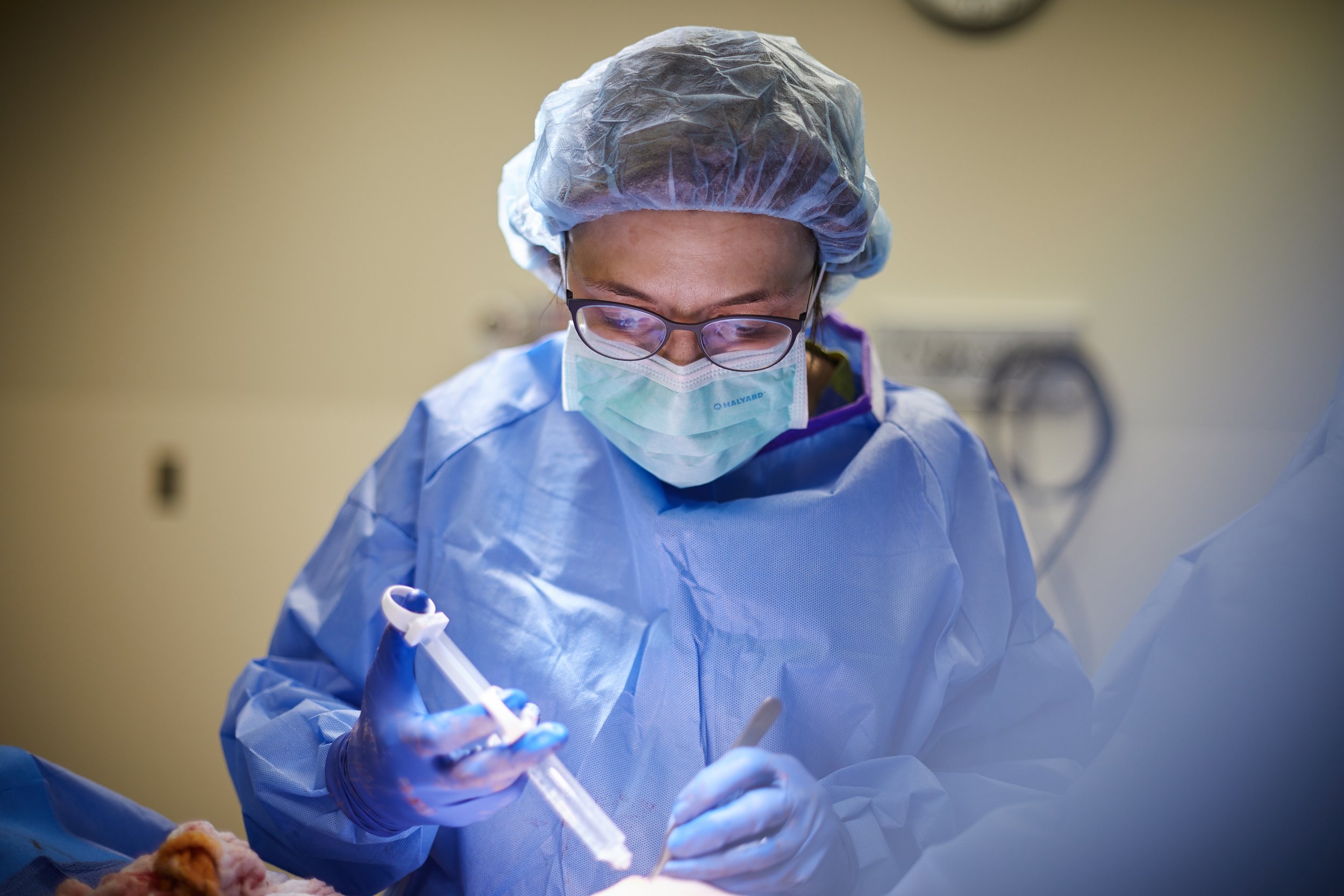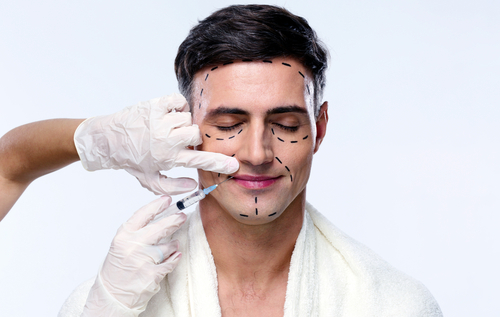Plastic Surgery Inland Empire: Relied On Professionals for Stunning Aesthetic Outcomes
Plastic Surgery Inland Empire: Relied On Professionals for Stunning Aesthetic Outcomes
Blog Article
Investigating the Emotional and Social Aspects That Drive People to Take Into Consideration Plastic Surgery as a Method of Improvement
The decision to pursue cosmetic surgical procedure commonly extends past mere aesthetic appeals, intertwining with emotional and social characteristics that merit comprehensive exam. Factors such as self-confidence, pervasive societal elegance requirements, and the prevalent impact of social networks merge to shape individual inspirations for medical improvement. As these influences come to be increasingly prominent, comprehending the underlying psychological and social contexts is crucial. What remains to be checked out is the extensive effect these factors have not just on individuality but additionally on broader social standards and values bordering charm and acceptance.
The Function of Self-Esteem
Self-worth substantially affects a person's decision to go after plastic surgery. People with low self-esteem frequently perceive themselves in an adverse light, bring about sensations of insufficiency concerning their physical appearance. This negative self-perception can drive them to seek surgical treatments as a technique of improving their self-image. The wish for renovation in one's appearance is often linked to a belief that such modifications will elevate their overall self-regard and self-confidence.

Eventually, the function of self-worth in the decision-making process relating to cosmetic surgery highlights the complicated interaction in between body image, personal fulfillment, and psychological health. Comprehending this relationship is critical for healthcare professionals to make certain that clients are making notified decisions rooted in practical assumptions and emotional health.
Social Appeal Requirements
Influenced by pervasive media representations and cultural stories, social elegance criteria play an essential duty in shaping people' assumptions of their very own bodies. These standards are commonly identified by an idyllic type of appeal that stresses characteristics such as youthfulness, proportion, and slimness. As these perfects are continued with numerous channels, consisting of television, marketing, and movie, individuals regularly internalize these messages, resulting in discontentment with their all-natural appearance.
The effects of these social norms prolong beyond visual choices; they can affect self-esteem, psychological health, and interpersonal partnerships. Individuals that regard themselves as disappointing these criteria may experience feelings of insufficiency, prompting a wish for cosmetic surgical treatment as a way of achieving social authorization. This pursuit is commonly fueled by the idea that satisfying these perfects will enhance not just physical look however likewise social standing and personal fulfillment.

Influence of Social Network
The effect of social elegance requirements is more enhanced by the surge of social media systems, where curated pictures and idyllic depictions of charm are ubiquitous. Individuals are regularly subjected to filtered and edited photos, which typically illustrate unattainable physical features. This exposure cultivates a culture of contrast, leading individuals to assess their very own look against these typically impractical criteria.
Social network influencers and celebs regularly advertise cosmetic treatments, stabilizing the concept that medical improvements are a feasible means for accomplishing social perfects (plastic surgery rancho cucamonga). The visibility of these enhancements can create an assumption that going through cosmetic surgical procedure is a standard practice, thereby affecting people to consider comparable interventions as a pathway to enhanced self-worth and social approval
In addition, the interactive nature of social media permits instant feedback via likes and remarks, better strengthening the wish to satisfy prominent charm requirements. Such interactions can exacerbate feelings of inadequacy and drive people toward cosmetic surgical procedure as a way of obtaining validation. Inevitably, social media plays a pivotal role fit understandings of charm, which dramatically influences the decision-making processes bordering cosmetic surgery.

Cultural Viewpoints on Appearance
Throughout different societies, perceptions of look are deeply rooted in historic, social, and economic contexts, shaping people' views on beauty and desirability. In many societies, appearance functions as a considerable marker of identity, affecting social status, expert chances, and personal relationships. For instance, in some societies, light skin is usually connected with wealth and advantage, while others may glorify darker skin tones as symbols of strength and authenticity.
In addition, traditional beauty criteria are often bolstered with cultural stories, media representations, and family influences, leading to varying perfects throughout different areas (plastic surgery rancho cucamonga). In Western cultures, the emphasis on young people and fitness usually drives people towards aesthetic improvement, while in certain Eastern cultures, more subtle adjustments straightened with typical aesthetic appeals might be chosen
Globalization and the expansion of electronic media have actually further complicated these characteristics, creating a hybridization of appeal perfects that transcends geographical borders. As individuals progressively browse these cultural stories, the pressure to satisfy details look criteria can lead to the need for cosmetic surgical procedure, showing a complex interplay of individual aspirations and cultural worths. Comprehending these social viewpoints is essential in addressing the motivations behind cosmetic surgical treatment factors to consider.
Psychological Influences of Aesthetic Surgical Procedure
Many individuals seeking plastic surgery record experiencing extensive psychological impacts that can substantially change their self-perception and psychological wellness - plastic surgery rancho cucamonga. The wish for physical improvement often stems from underlying concerns such as low self-esteem, body dysmorphic problem, or browse this site social pressures pertaining to appeal standards. For some, the prompt post-operative phase can result in a momentary increase link in confidence and fulfillment with their appearance, promoting a sense of empowerment
However, these favorable feelings might not be sustaining. Research study indicates that while some people experience enhanced self-esteem, others may encounter elevated stress and anxiety or depression if their expectations are not satisfied. This discrepancy can emerge from impractical suitables perpetuated by media depiction and cultural narratives surrounding elegance.
Furthermore, the emotional implications of plastic surgery extend beyond the individual. Relationships with friends and family may be strained as social characteristics change, bring about feelings of isolation or alienation. Ultimately, the psychological impacts of cosmetic surgery are complicated and multifaceted, requiring cautious factor to consider by both potential patients and doctor to make certain informed decision-making and realistic assumptions.
Verdict
To conclude, the choice to go after cosmetic surgical procedure is significantly influenced by a mix of self-esteem issues, societal beauty requirements, and cultural perspectives on appearance. The pervasive reach of social media sites further intensifies these stress, advertising impractical suitables that individuals often aim to acquire. Recognizing these emotional and social factors is important for dealing with the motivations behind plastic surgery, highlighting the demand for a much more nuanced discussion bordering beauty and self-acceptance in contemporary society.
The choice to pursue cosmetic surgery frequently expands past simple looks, intertwining with emotional and social characteristics that merit thorough examination. Ultimately, social media plays a pivotal duty in forming assumptions of elegance, which dramatically affects the decision-making processes surrounding cosmetic surgical Learn More Here treatment.
As people progressively browse these social narratives, the stress to adjust to details look standards can lead to the need for cosmetic surgery, reflecting a complicated interaction of personal ambitions and social worths.In conclusion, the choice to pursue cosmetic surgical treatment is considerably influenced by a combination of self-worth issues, societal elegance standards, and cultural viewpoints on look. Comprehending these psychological and social elements is crucial for dealing with the inspirations behind cosmetic surgery, highlighting the need for a much more nuanced discussion surrounding elegance and self-acceptance in modern culture.
Report this page